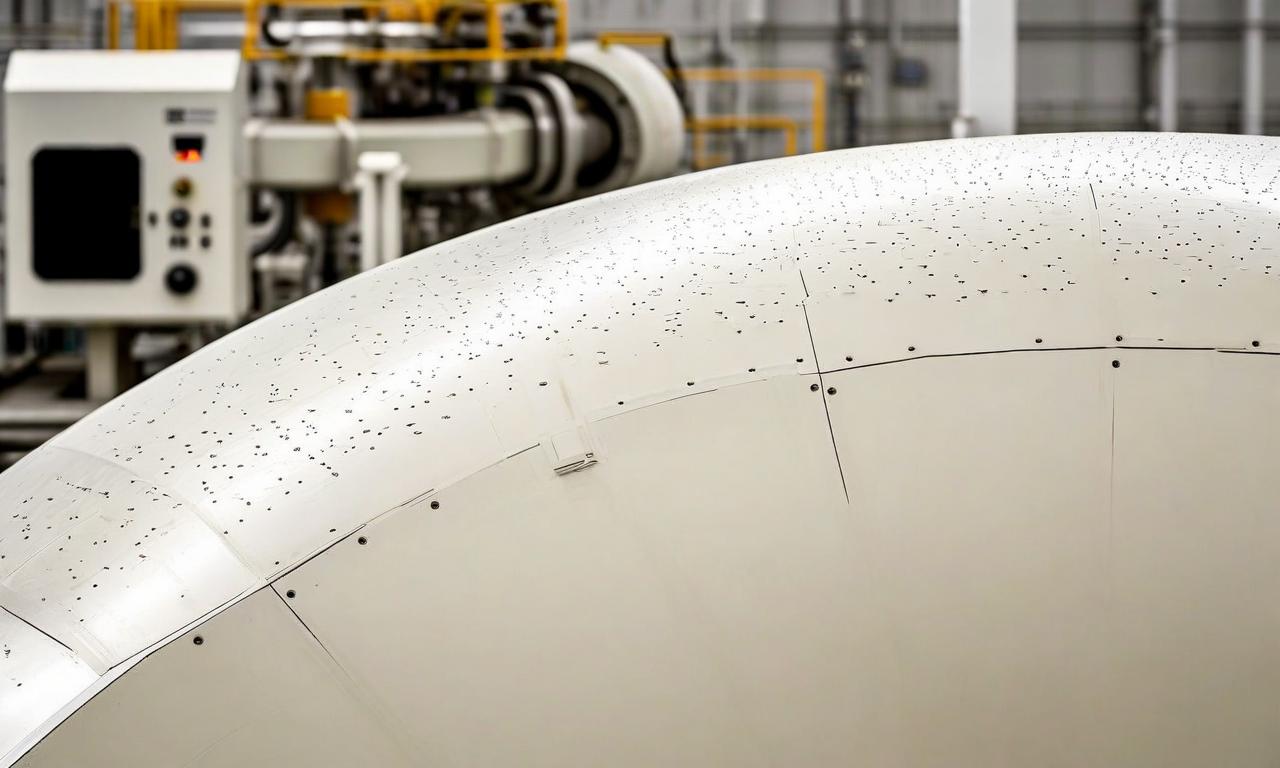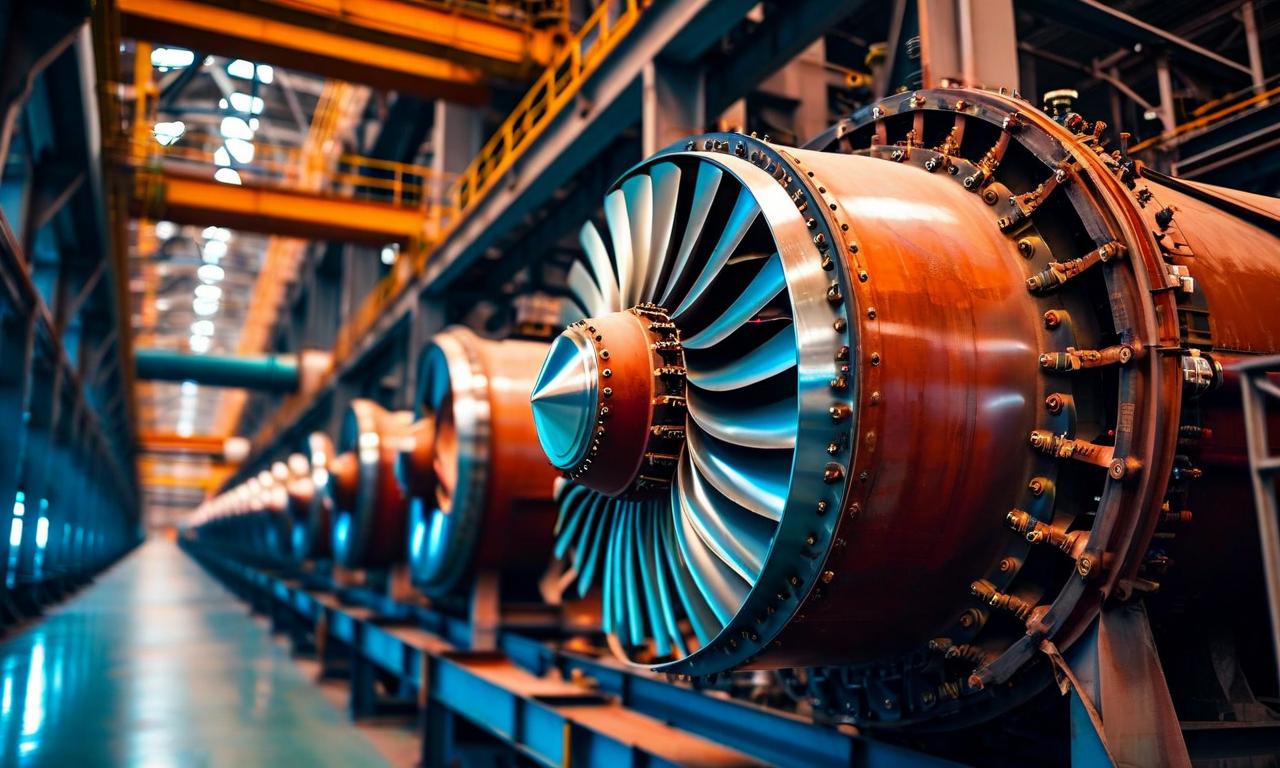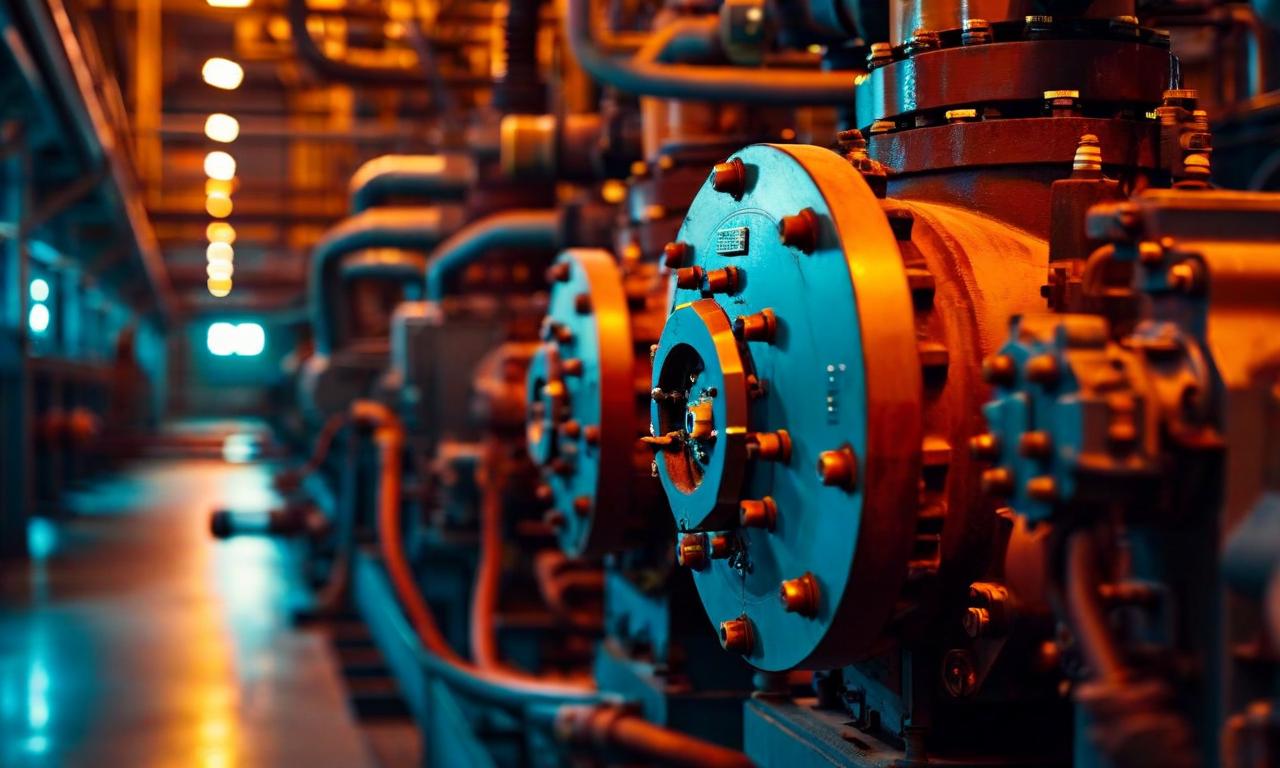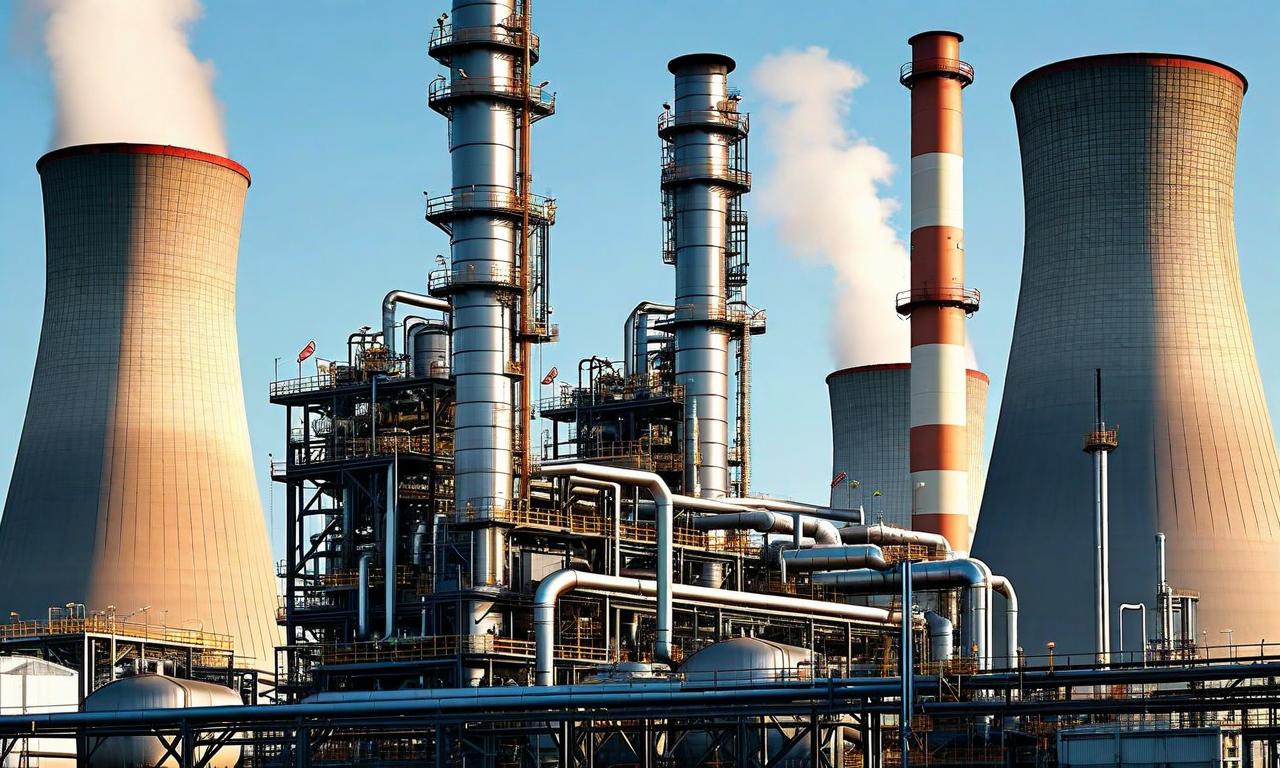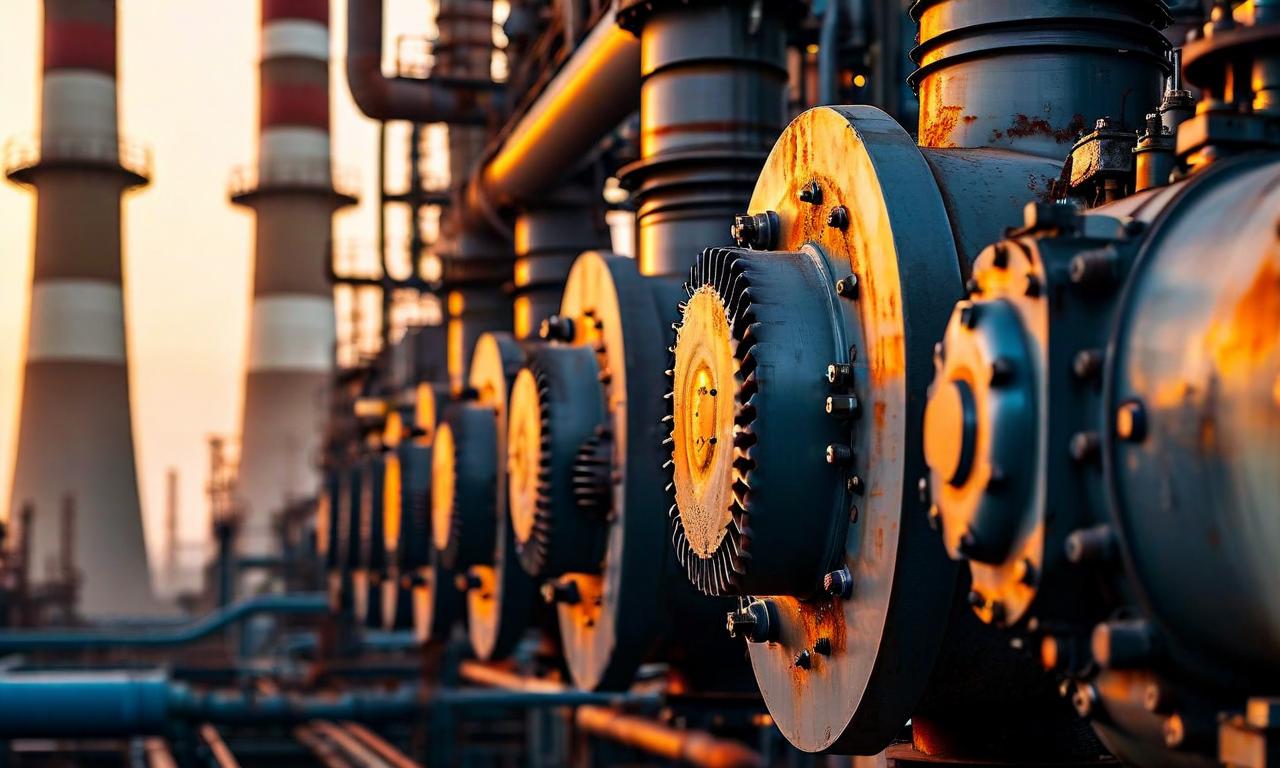BHEL Secures Radar Dome Manufacturing Technology from DRDO Lab, Boosting India's Defence Capabilities
Bharat Heavy Electricals Ltd (BHEL) has signed a License Agreement for Transfer of Technology with Defence Metallurgical Research Laboratory (DMRL) to manufacture fused silica radar domes for missile guidance systems. This agreement aims to enhance India's self-reliance in strategic defence systems by enabling indigenous production of critical components. BHEL will now be able to manufacture radar domes domestically, contributing to the nation's defence capabilities. Specific commercial terms of the agreement remain confidential.
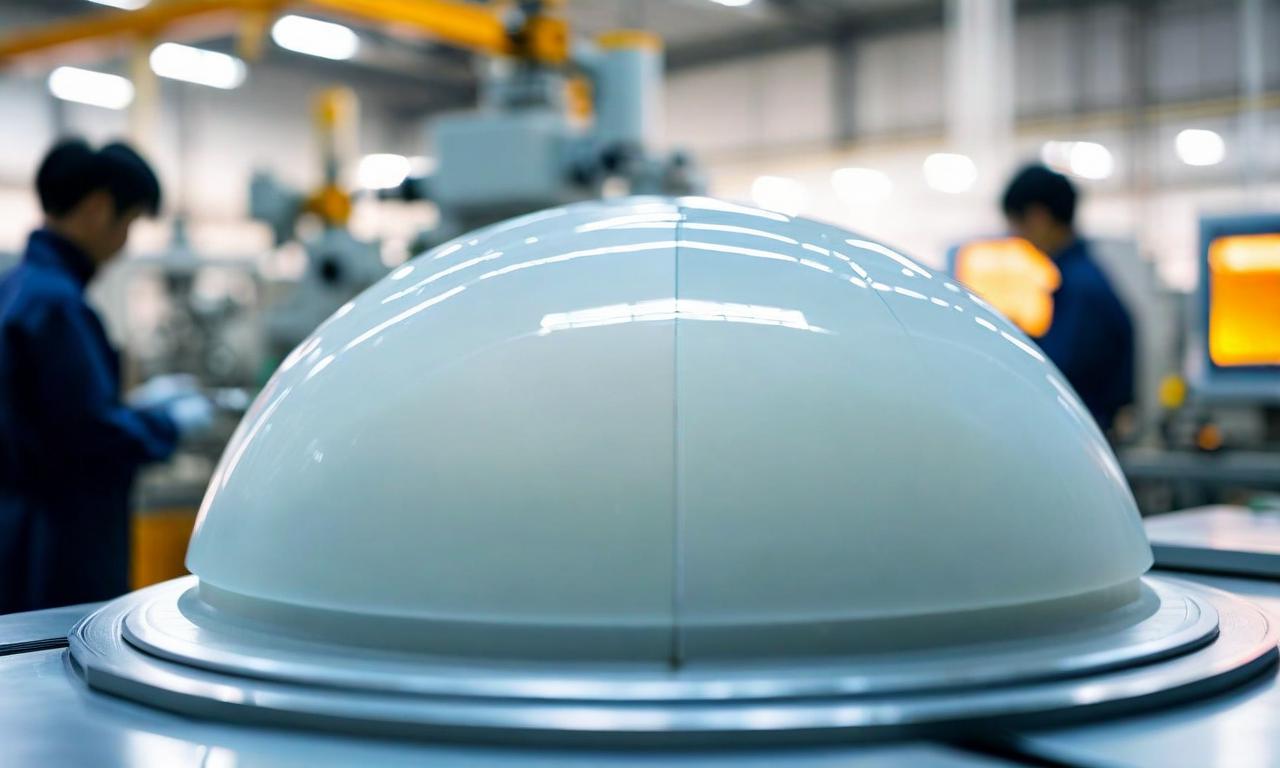
*this image is generated using AI for illustrative purposes only.
Bharat Heavy Electricals Ltd (BHEL), a leading public sector engineering and manufacturing company, has taken a significant step towards enhancing India's defence capabilities. The company recently signed a License Agreement for Transfer of Technology (LAToT) with Defence Metallurgical Research Laboratory (DMRL), a premier research laboratory under the Defence Research and Development Organisation (DRDO).
Technology Transfer Details
The agreement focuses on the transfer of technology for manufacturing fused silica radar domes using the cold isostatic pressing and sintering route. These radar domes are critical components in seeker-based guidance systems for missiles, serving to protect sensors while allowing electromagnetic signals to pass through.
Strategic Importance
This technology transfer is expected to play a crucial role in strengthening India's self-reliance in strategic defence systems. By enabling indigenous production of these vital components, the agreement aims to reduce the country's dependence on imported parts for its missile programs.
BHEL's Role and Benefits
For BHEL, this agreement opens up new avenues in the defence sector. The company will now be able to indigenously manufacture radar domes, which are key components for seeker-based guidance in India's missile programmes. This capability is expected to significantly contribute to the nation's strategic defence capabilities.
Confidentiality and Commercial Terms
While the agreement's significance is clear, specific commercial terms and certain significant conditions of the agreement remain confidential. This level of discretion is common in deals involving sensitive defence technologies.
Market Response
Following the announcement, BHEL's shares on the National Stock Exchange (NSE) closed at ₹208.50, showing a marginal decrease of 0.00%.
Conclusion
This strategic partnership between BHEL and DMRL represents a significant step forward in India's defence manufacturing capabilities. By leveraging DMRL's expertise in high-temperature alloys and advanced ceramics, BHEL is poised to play a more substantial role in the country's defence ecosystem. The move aligns with India's broader goals of achieving self-reliance in critical defence technologies and reducing dependence on imports for strategic components.
Historical Stock Returns for Bharat Heavy Electricals
| 1 Day | 5 Days | 1 Month | 6 Months | 1 Year | 5 Years |
|---|---|---|---|---|---|
| +0.08% | -1.54% | +6.58% | +18.24% | +35.01% | +535.01% |

